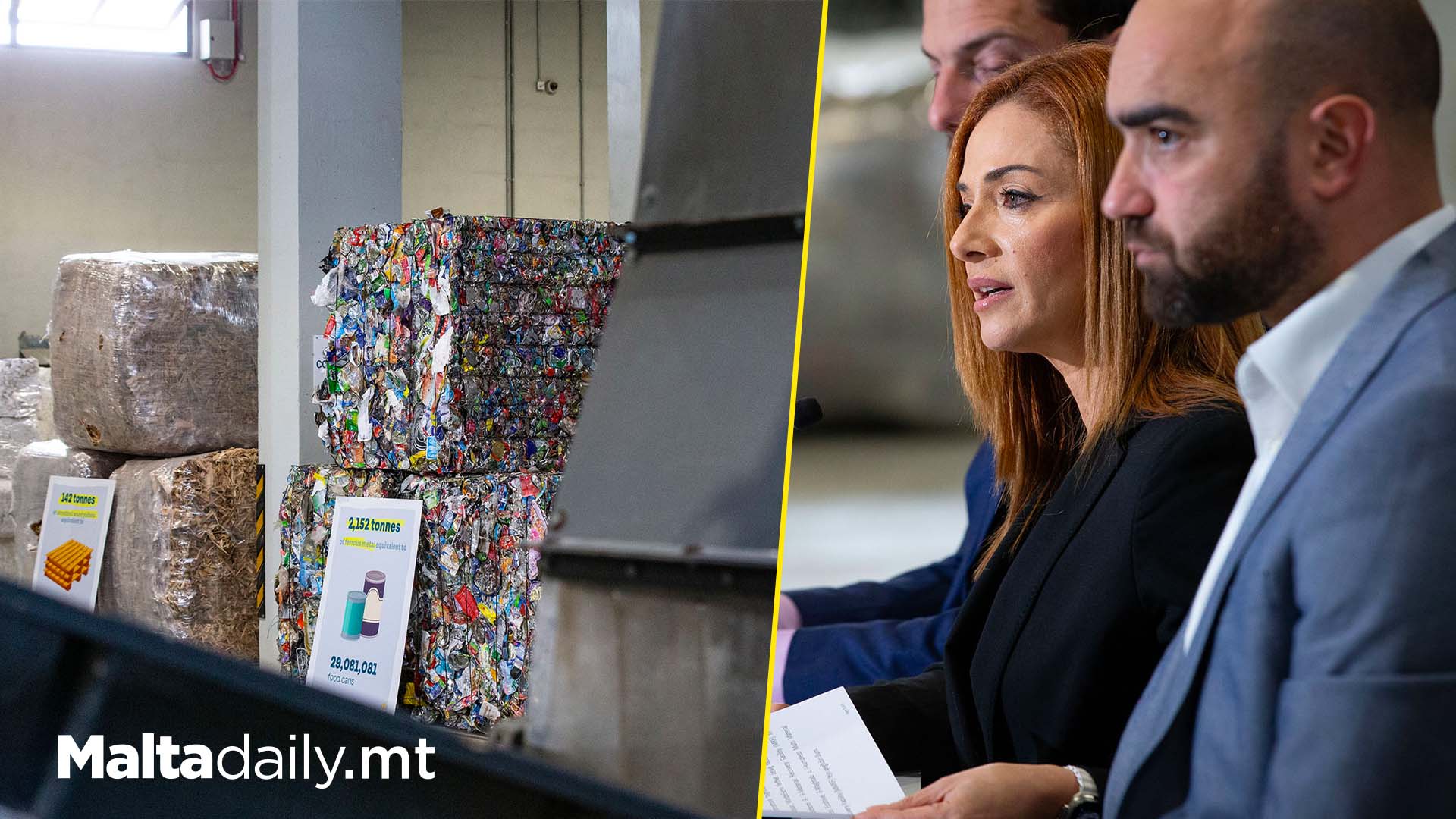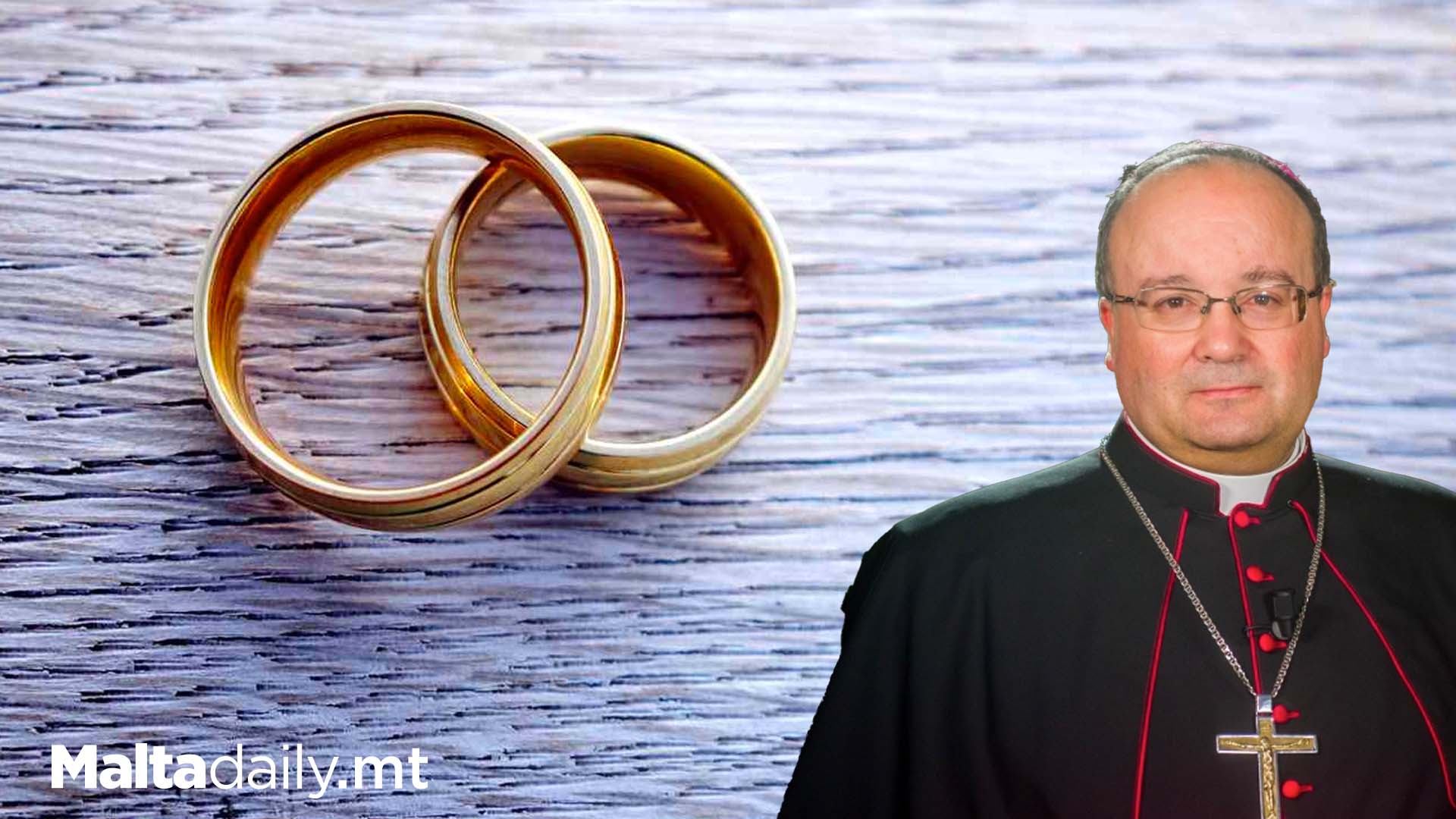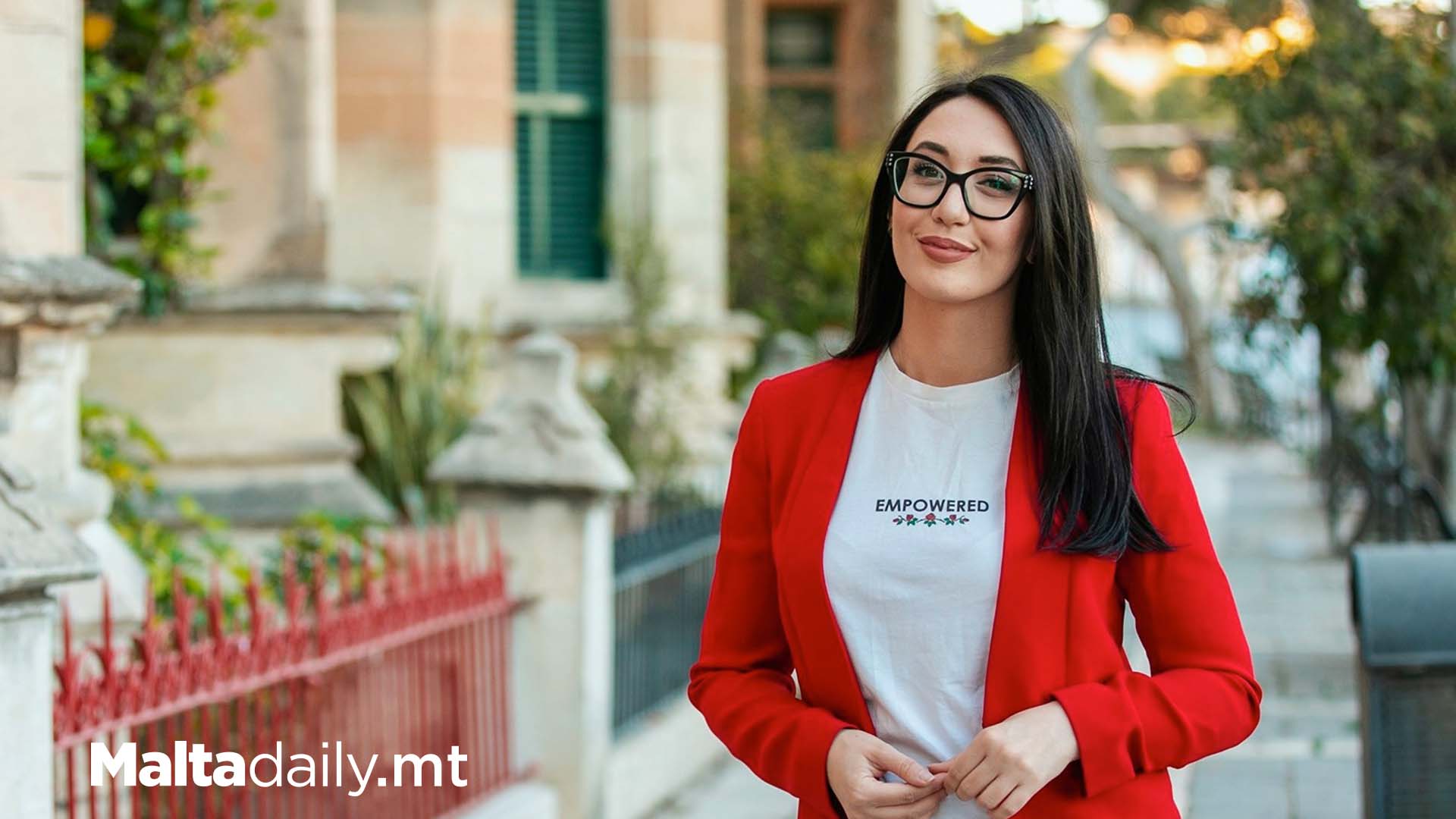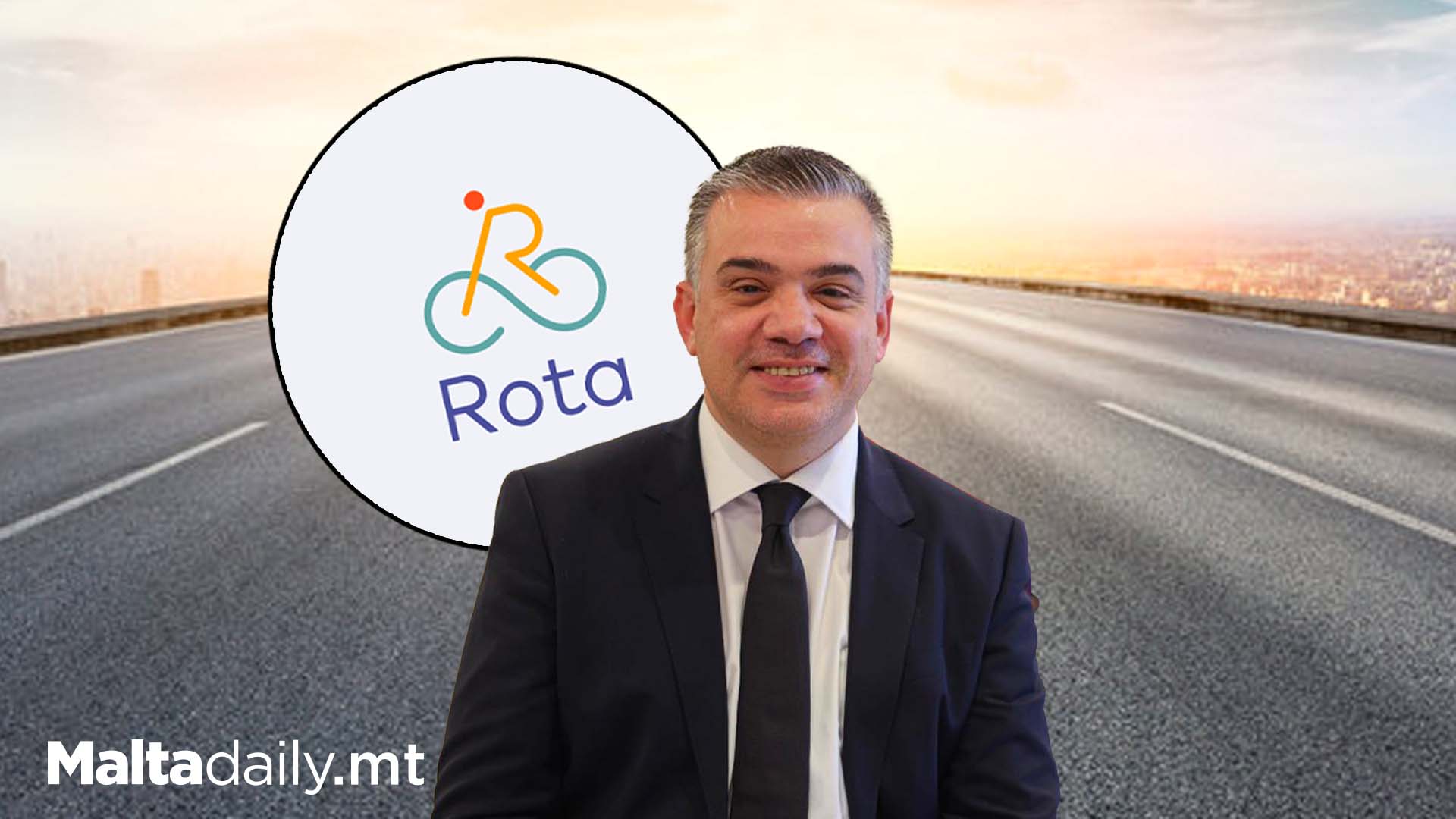
WasteServ processed and returned more than 20,000 tonnes of recyclable waste for reuse in the economy last year, the highest amount in Maltese history.
Simultaneously, there was a 23% reduction in the generation of mixed waste from households, representing the lowest amount received by WasteServ in the last 20 years.
Minister for the Environment, Energy and Regeneration of the Grand Harbour Miriam Dalli announced these achievements during a press conference with WasteServ CEO Richard Bilocca at the Multi-Material Recovery Facility in Ħal Far.
These results mark WasteServ’s most successful year since its inception in 2002, affirming Malta’s encouraging progress in the implementation of its long-term plans towards sustainable waste management.
Commenting on these figures, Minister Miriam Dalli acknowledged the contribution of the public’s waste separation efforts.
“Such positive results can only be attributed to a collective effort – individuals, families, businesses, government entities, voluntary associations, and many others – who are understanding the importance of reducing and recycling waste to protect the environment and the future of our country. These achievements also affirm the Government’s decisions and infrastructural investments in recent years, including new plants for the sustainable and efficient processing of waste, the introduction of new initiatives such as differentiated gate fees for commercial waste, and the implementation of mandatory waste separation for all last year.”
“These encouraging results are a step in the right direction, but also confirm that our country can achieve much more – we must continue working together to attain our ultimate objective of bringing down landfilling of waste to 10% by 2035. We will continue working towards a circular economy to ensure a more sustainable future for all,” concluded Minister Miriam Dalli.
During the press conference WasteServ explained that last year, various materials were processed and exported to international markets to be transformed into other products. These included:
8,199 tonnes of paper and cardboard;
2,206 tonnes of various metals;
7,411 tonnes of glass;
1,422 tonnes of different types of plastics;
142 tonnes of wood;
350 tonnes of gypsum;
297 tonnes of foam.
Additionally, there was also a positive 35% increase in organic waste received from households and the commercial sector when compared to 2022. This waste was converted into 4.1 million units of energy, powering 570 homes for a year.
WasteServ CEO Richard Bilocca thanked WasteServ employees for their dedicated efforts in recent years. He explained that the 2023 results can also be attributed to the opening of two new facilities in the past year. The first one, located at the ECOHIVE Complex, involved a €4 million investment and commenced operations in March. The other, situated in Ħal Far, is a €22 million development that was inaugurated in June.
“We also have several ongoing projects, including a new automated glass sorting line scheduled to be operational by mid-2024, and as part of the ECOHIVE Strategy, a skip management facility that will process bulky waste from open-topped skips, as well as a new organic waste processing facility to replace the current one. Work on the waste-to-energy project is also progressing as the plant’s excavation works were completed last year,” concluded the WasteServ CEO.
#MaltaDaily










